Funded Cancer Grand Challenges teams
The world's brightest minds
Through large-scale funding, Cancer Grand Challenges is supporting a global network of scientific talent to find solutions to the toughest challenges in cancer research.
Since 2015, we’ve invested over £130m into the most talented researchers from across the globe. We’ve funded 7 teams featuring 73 research groups and spanning 9 countries.
Funded in 2019
Understanding why cancers grow in some tissues and not in others
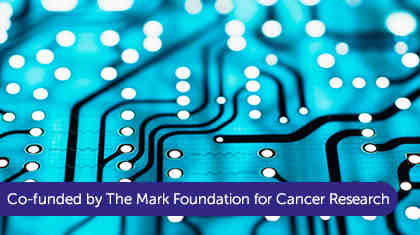
The SPECIFICANCER team, led by Professor Stephen Elledge, want to generate a comprehensive map of cancer drivers and their specificity to different tissues. This has the potential to improve our basic understanding of cancer, and provide information that will impact therapeutic choices for patients.
A new way to tackle inflammation-associated cancer
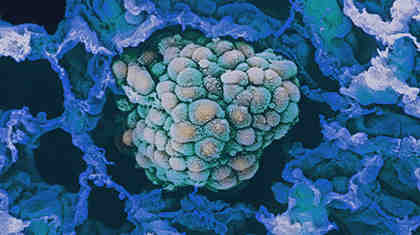
Professor Tlsty's STORMing Cancer team want to find novel ways of treating cancer that has been caused by inflammation, and develop new options to prevent cancer developing in high-risk patients with chronic inflammatory diseases.
Manipulating the microbiome to beat bowel cancer
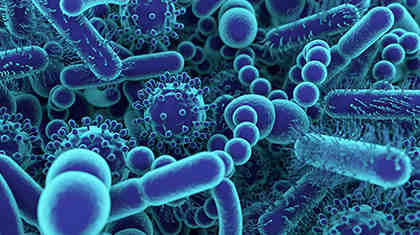
Professors Meyerson and Garrett's OPTIMISTICC team want to discover exactly how certain microbes inside the body lead to cancer development and influence a patient’s response to treatment.
Funded in 2017
Identifying preventable causes of cancer

In a project of epic scale that spans 5 continents, Professor Stratton’s Mutographs team aim to build a deeper understanding of what causes DNA damage and how it leads to cancer. Their work could help prevent more cancers and reduce the global burden of this disease.
Creating virtual reality maps of tumours
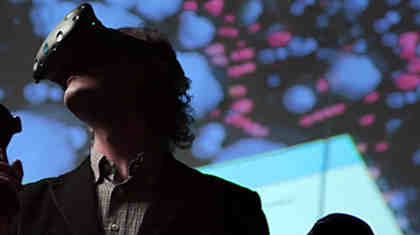
Combining established techniques with new technology, Professor Hannon’s IMAXT team will build 3D tumours containing every cell in them, which can be studied using virtual reality. This new way of studying breast cancer could change how the disease is diagnosed, treated and managed.
Preventing unnecessary breast cancer treatment
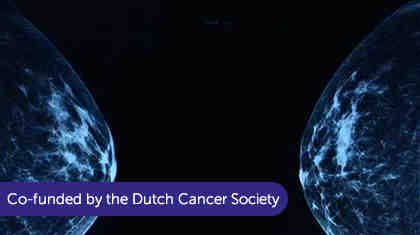
By studying tissue samples from women with DCIS (a condition which can sometimes develop into breast cancer), Professor Wesseling’s PRECISION team aims to determine how to distinguish between those who need treatment and those who don’t, which could spare thousands of women unnecessary treatment.
Studying tumour metabolism from every angle

Using various new mass spectrometry imaging techniques, the Rosetta team, led by Professor Bunch, will develop a new way to map tumours in unprecedented detail – from the whole tumour to the individual molecules in cells. The work could lead to new ways to diagnose and treat cancer.

 Funded Cancer Grand Challenges teams
Funded Cancer Grand Challenges teams